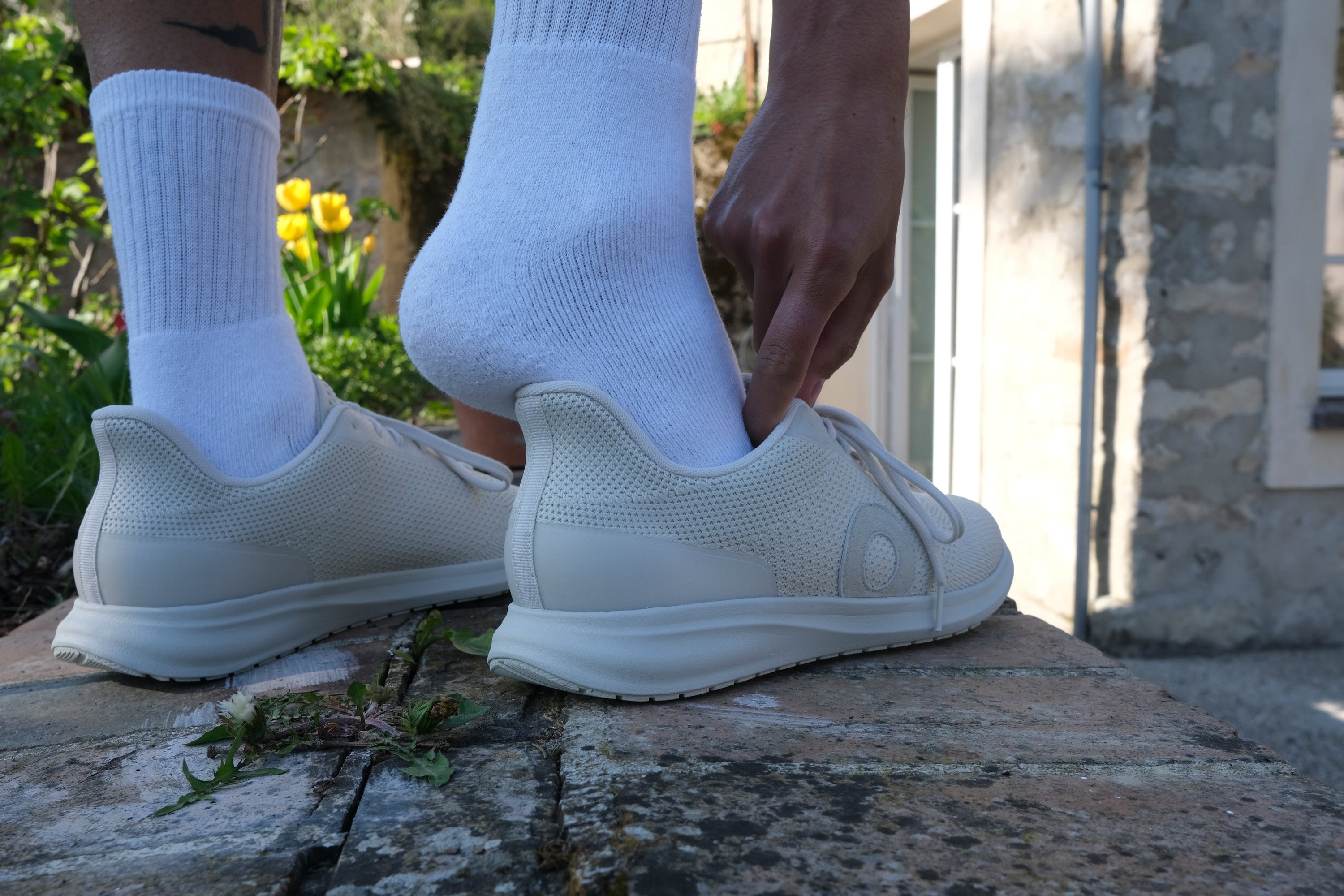
Foot discomfort is more than just an occasional nuisance—it can signal something deeper that affects your daily rhythm. Many who experience that persistent tingling or numbness worry that there's an underlying condition at work, such as diabetes or even a genetic factor, and finding straight answers can feel overwhelming. It's frustrating to sift through conflicting advice when you're trying to pinpoint whether lifestyle habits or previous injuries might be the culprit. Concerns about long-term mobility and the fear of further damage only add to the hassle, leaving you eager for clear insights that can help you manage and prevent worsening symptoms. Understanding the true causes behind this nerve pain is the first step toward getting your stride back.
Read on to explore the various factors that might be causing your foot neuropathy and learn what you can do about it.
7 Common Medical Conditions That Cause Neuropathy in Feet
Nerve damage in your feet isn't just a random occurrence—it's often the result of underlying medical conditions that silently impact your body's intricate communication system. Diabetes remains the leading cause of foot neuropathy, but it's far from the only culprit. Autoimmune disorders such as rheumatoid arthritis, lupus, Guillain-Barré syndrome, and Sjögren's syndrome can trigger nerve inflammation, leading to unpredictable signals and sensations. Additionally, metabolic conditions, including thyroid disorders and vitamin deficiencies (particularly vitamin B12), can compromise nerve health.
Key medical conditions linked to foot neuropathy include:
- Type 1 and Type 2 Diabetes
- Rheumatoid Arthritis
- Lupus
- Multiple Sclerosis
- Chronic Kidney Disease
- Hypothyroidism
- Vitamin B12 Deficiency
Understanding the Impact of Injuries on Nerve Health
Not all nerve damage stems from complex medical conditions. Sometimes, physical trauma during athletic activities or everyday movements can compromise your nerve health. Traumatic injuries, whether from direct impact or repetitive stress, may create immediate or gradual nerve complications. Compression injuries, stretching, or direct damage from severe ankle sprains, fractures, or even surgical complications can disrupt the delicate nerve pathways in your feet.
Potential injury-related nerve damage sources include:
-
Direct nerve compression
-
Repetitive stress injuries
-
Severe ankle sprains
-
Fractures near major nerve pathways
-
Surgical complications
-
Compression from tight footwear
-
Stress fractures
-
Prolonged high-impact activities
Tips for Maintaining Proper Running and Walking Form with Foot Discomfort
Running and walking both require sustainable movement that protects the vital infrastructure of your feet. When discomfort or nerve pain enters the equation, making small biomechanical adjustments can reduce further damage and help you maintain your performance.
Consider these practical tips:
-
Maintain a neutral spine and ensure your foot lands with proper alignment.
-
Focus on a mid-foot or forefoot strike, rather than a heavy heel strike.
-
Opt for shorter, more controlled strides to reduce impact.
-
Engage your core muscles to support your body and maintain balance.
-
Invest in supportive and well-fitted footwear to cushion shocks.
-
Allow for gradual modifications rather than sudden overhauls.
Final Thoughts
Understanding the causes of foot neuropathy is more than a medical exercise—it's about recognizing the intricate connection between our body's foundation and overall well-being. Each step we take tells a story of resilience, whether you're an athlete pushing limits or someone navigating daily challenges. The complexity of foot neuropathy reminds us that our feet are not just appendages, but sophisticated networks of nerves, muscles, and potential.
While the causes of neuropathy are diverse—from metabolic conditions to physical traumas—the underlying message remains consistent: our feet deserve careful attention and support. Proper foot care isn't about avoiding problems, but about creating a strong, responsive foundation for movement. It's about understanding the subtle signals our body sends and responding with informed, thoughtful care.
For athletes and active individuals, this means listening to your body, respecting its rhythms, and investing in support that goes beyond surface-level comfort. Our feet carry us forward, through training, recovery, and life's unexpected terrains—they deserve nothing less than our most considered care.
At Oliver Cabell, we understand the challenges athletes face with foot health, which is why we’re committed to designing orthopedic shoes that support every step you take. We believe that informed choices lead to better foot care and that our thoughtfully engineered footwear complements your active lifestyle by providing the necessary support for both performance and recovery. By combining expert insights with our commitment to quality, we empower you to move confidently every day.
Shop Neuropathy Shoes
Check out our line of neuropathy shoes and find a pair that helps you find your footing and aid in symptom management.